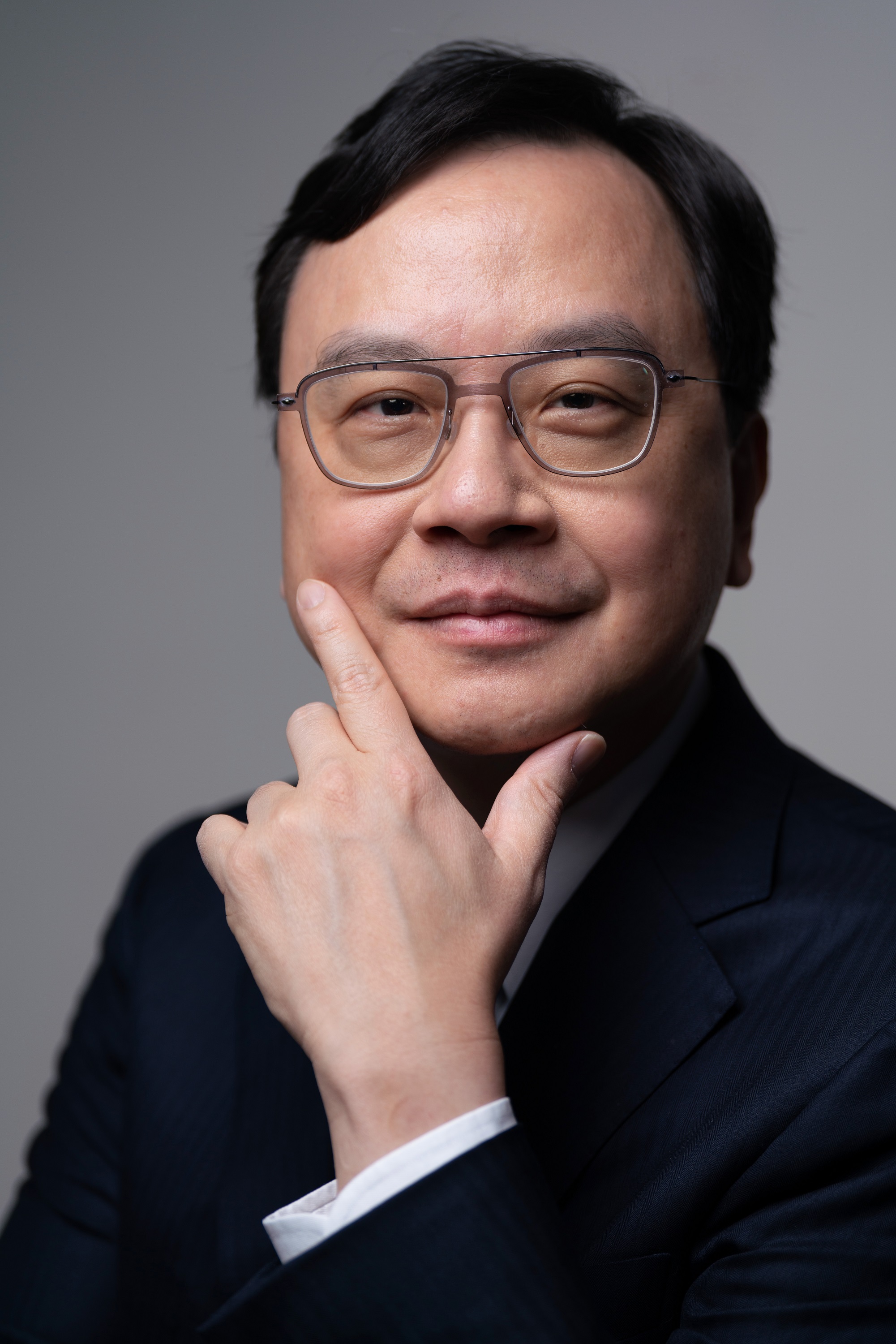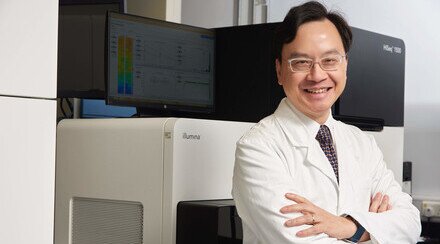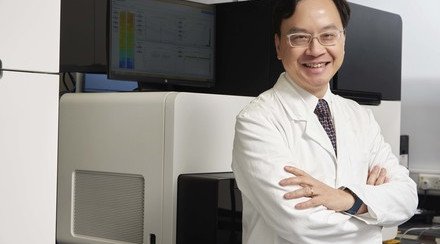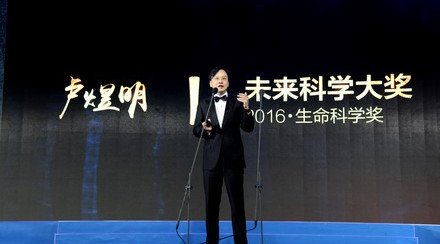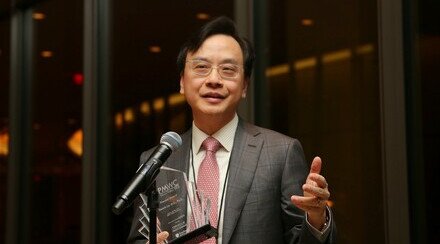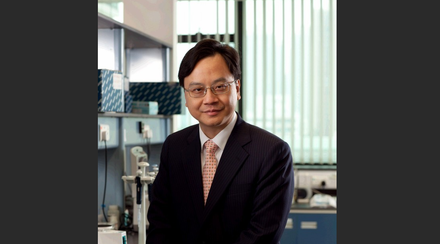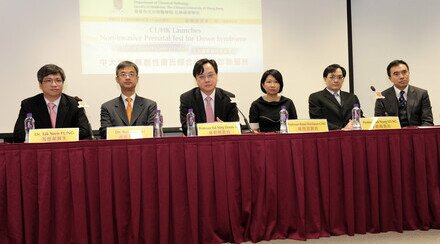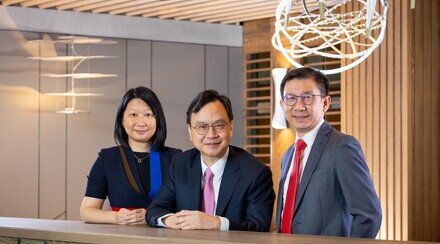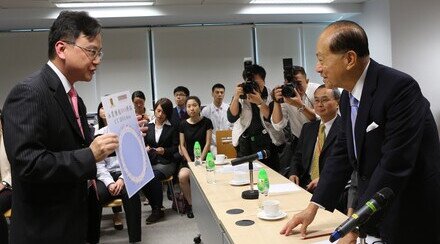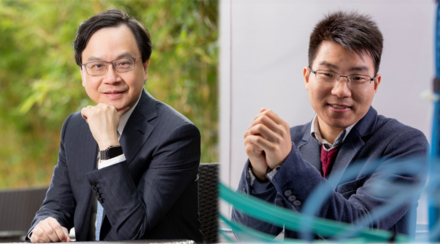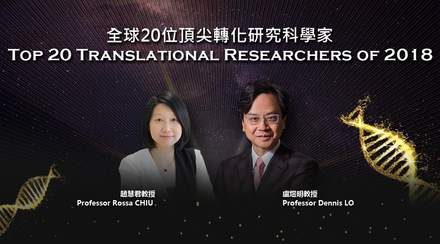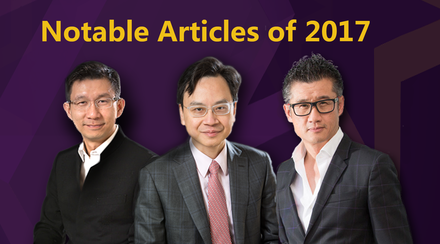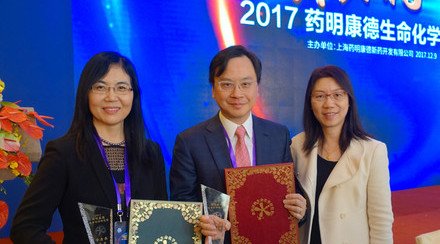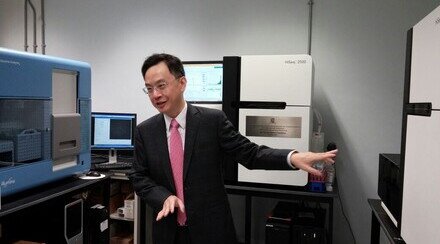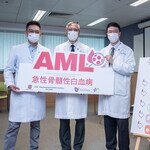CUHK Professor Dennis Lo Receives the Lasker Award, America’s Top Biomedical Science Prize
Professor Dennis Lo Yuk Ming from The Chinese University of Hong Kong’s (CUHK) Faculty of Medicine (CU Medicine) has just been announced as a winner of the Lasker~DeBakey Clinical Medical Research Award. The Lasker Awards, created more than 75 years ago, are widely regarded as America’s top biomedical research prize. Professor Lo was honoured for his revolutionary contribution to medical science by discovering cell-free fetal DNA in maternal blood and developed non-invasive prenatal testing for Down syndrome, laying an important cornerstone for the development of molecular diagnostics.
Professor Lo is the fifth Chinese to win the Lasker Award since it was established more than 75 years ago. The previous winners were Professor Li Choh Hao in 1962, Professor Li Min Chiu in 1972, Professor Kan Yuet Wai in 1991; and Professor Tu Youyou in 2011. Among them, Professor Lo is the only winner of the Lasker Award after Professor Tu Youyou, the 2015 Nobel laureate in Physiology or Medicine, whose research work is based in China. Ninety-five Lasker Prize winners, or 25 percent, have been awarded the Nobel Prize, and seven of the Nobel laureates in the past four years have been awarded the Lasker prize.
Research work has yielded fruitful results, ranging from "non-invasive prenatal test" to blood tests that can detect dozens of cancer types
The Lasker Award is one of the world's most prestigious awards for biomedical research. The 2022 Lasker~DeBakey Clinical Medical Research Award honours Professor Dennis Lo, who discovered cell-free fetal DNA in maternal blood and developed non-invasive prenatal testing for Down syndrome, which occurs in 1 in 800 births globally. The test, which is greater than 99% accurate, is now available in 60 countries. Professor Lo spurred a revolution in non-invasive prenatal testing that has saved millions of women from undergoing potentially risky invasive testing procedures, such as amniocentesis and chorionic villus sampling.
Based on the similarity he found in cell-free fetal DNA molecules and tumour DNA molecules, Professor Lo has developed genome-wide genetic and epigenetic approaches for cancer detection. This work has laid the foundation for early detection of multiple types of cancer.Professor Lo and his team have successfully developed technologies that allow the detection of dozens of cancer types and have been working with a biotechnology company in the U.S. for clinical applications.
Grateful for the countless scientific inspirations encountered, and the unfailing support from his team over the past quarter of a century
Being the winner of this year’s Lasker~DeBakey Clinical Medical Research Award, Professor Lo remarked, “I am very honoured to receive this prestigious award and would like to extend my heartfelt gratitude to the Lasker Foundation. I am most grateful to all my mentors who have given me enlightenment, inspiration, guidance and opportunities along the way. With the support of my devoted team who have been working closely with me in the past 25 years, we successfully made prenatal investigation safer and more accurate through the development of non-invasive prenatal testing. This clinical breakthrough has helped millions of pregnant women around the world.”
Professor Lo added, “The privilege of being a scientist is that you are given an opportunity for transforming abstract ideas into reality, and exploring like a traveller in areas where no one has ever set foot in. Hong Kong is now devoting unprecedented resources to developing biomedicine. As scientists, we also have access to some of the best resources and technologies in human history, such as the human genome sequence and advanced sequencing technologies. I encourage young people who are interested in biomedicine to seize this golden opportunity, and to make positive changes to the world through scientific research.”
Known as the “Father of Non-invasive Prenatal Testing”, Professor Dennis Lo is the Director of the Li Ka Shing Institute of Health Sciences, Associate Dean (Research) and Chairman of the Department of Chemical Pathology of CU Medicine. In recognition of his work, he has received numerous international honours and awards. He was elected a Fellow of the Royal Society in 2011 and a Foreign Associate of the US National Academy of Sciences in 2013. He received the 2014 King Faisal International Prize for Medicine and became the first Chinese scientist honoured with the American Association for Clinical Chemistry (AACC) Wallace H. Coulter Lectureship Award in 2015.
In 2016, Professor Lo was selected as the winner of the inaugural Future Science Prize-Life Science Prize, a prize which was regarded as China’s Nobel Prize. In the same year, he was named as the Thomson Reuters Citation Laureate – Chemistry, an honour considered as a predictive index of the Nobel Prize. Professor Lo was named the world’s Top 20 Translational Researchers by the world-renowned and authoritative scientific journal Nature Biotechnology for five consecutive years (2016 - 2020). He was also the first Chinese recipient of the Fudan-Zhongzhi Science Award in 2019. In 2021, he received the Breakthrough Prize, an honour widely known as the Oscars of Science, and became the first Chinese scientist to receive the Royal Medal in biological sciences from the Royal Society of London.
About the Lasker Awards
For more than 75 years, the Lasker Awards are amongst the most prestigious biomedical research awards in the world, and have recognised the contributions of leaders who have made major advances in the understanding, diagnosis, treatment, cure, and prevention of human disease. Established by Mr Albert Lasker and his wife Mrs Mary Lasker, the annual awards are given in the categories of Basic Research, Clinical Research, Special Achievement, and Public Service. Recipients of the Lasker Medical Research Awards are selected by a distinguished international jury chaired by Professor Joseph L. Goldstein, recipient of the 1985 Lasker Award for Basic Medical Research and the Nobel Prize in Physiology or Medicine. Ninety-five Lasker laureates have received the Nobel Prize, including seven in the last four years. More details on the Lasker Award recipients, the full citations for each award category, video interviews and photos of the awardees, and additional information on the Foundation are available at www.laskerfoundation.org.
For details of the Lasker Award received by Professor Lo, please visit the following links:
- Video: https://bit.ly/3xXjZpS; https://bit.ly/3fstBCK
- Citation: https://bit.ly/3y3q44i


